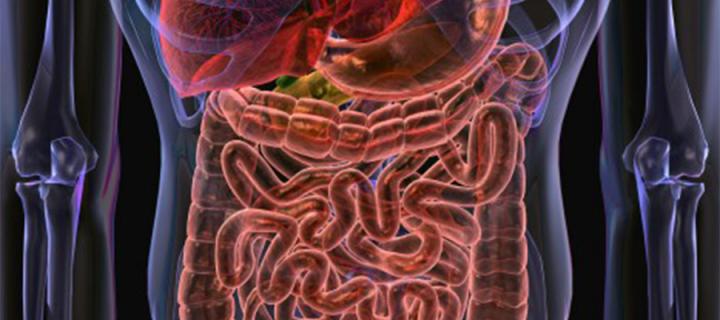Lancet Publication suggests link between smoking and relapses in Crohn’s disease
August 2016: A UK wide trial, led from CGEM, confirms a strong link between smoking and recurrence of a serious inflammatory bowel condition following surgery.

Published today in The Lancet Gastroenterology and Hepatology researchers, led from CGEM, confirmed that smoking is strongly linked to relapse of a serious bowel condition.
Crohn’s disease is highly prevalent in Scotland, and the incidence in children has risen dramatically in recent years. Crohn’s is a serious condition which occurs when the immune system attacks the lining of the gut and bowel to cause severe inflammation. It results in abdominal pain, urgent diarrhoea, sickness and profound lethargy. More than half of patients require surgery to remove the affected section of their bowel, but unfortunately this isn’t always a cure and the condition often relapses.
Researchers led by the University of Edinburgh conducted a UK-wide trial of the therapy involving 240 people with Crohn’s disease, one of the largest studies of its kind. They found that people with Crohn’s disease are more likely to experience a recurrence after surgery if they continue to smoke. The researchers also found that a drug treatment commonly used in treatment of Crohn’s had limited beneficial effects for non-smokers in preventing relapse after surgery. It did, however, offer protection for smokers. The team says people who are unable to quit smoking may be offered the therapy immediately after surgery but the evidence does not justify the use of the drug in non-smokers.
Professor Jack Satsangi, of the Gastrointestinal Unit, Centre of Genomics and Experimental Medicine at the University of Edinburgh, and Consultant Physician at the Western General Hospital said:
“There is an unmet need to identify therapies or life-style changes that prevent Crohn’s disease recurrence after surgery to avoid patients having to undergo multiple operations.
Our study confirms that the most important thing somebody with Crohn’s disease can do for their health is not to smoke.”
Full The Lancet Gastroenterology and Hepatology journal article


